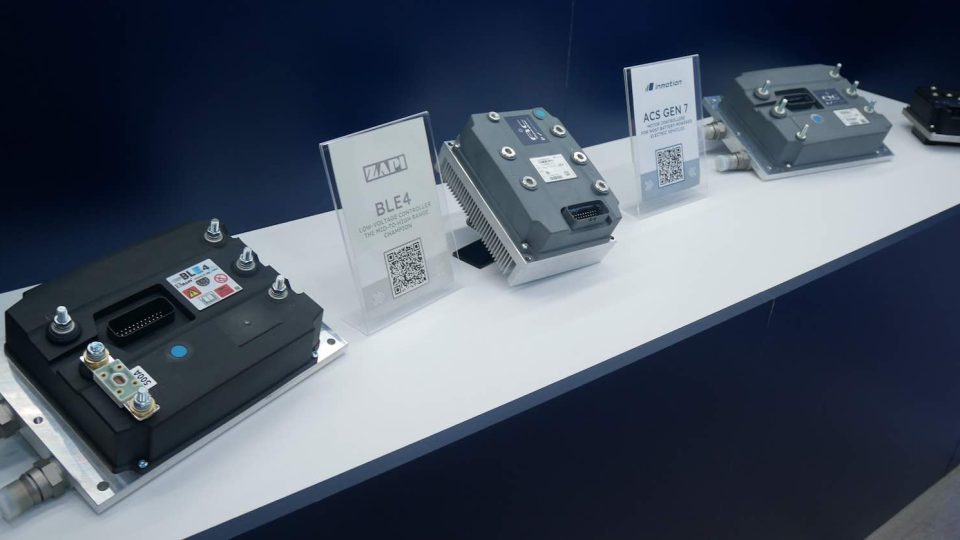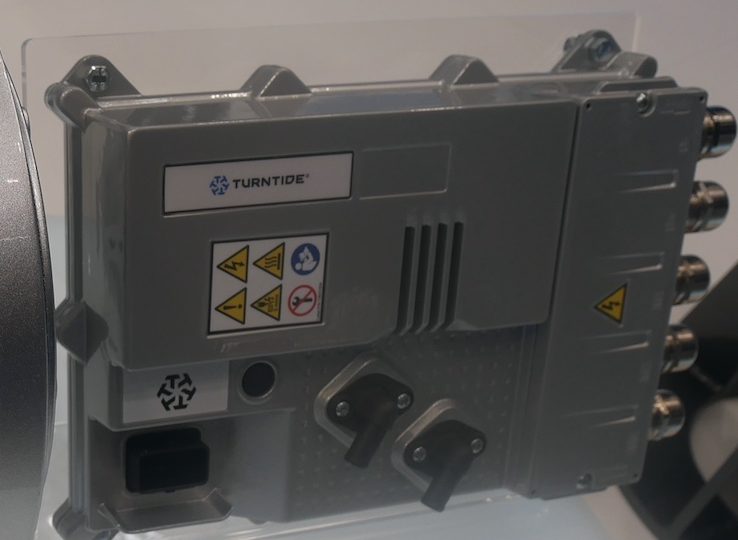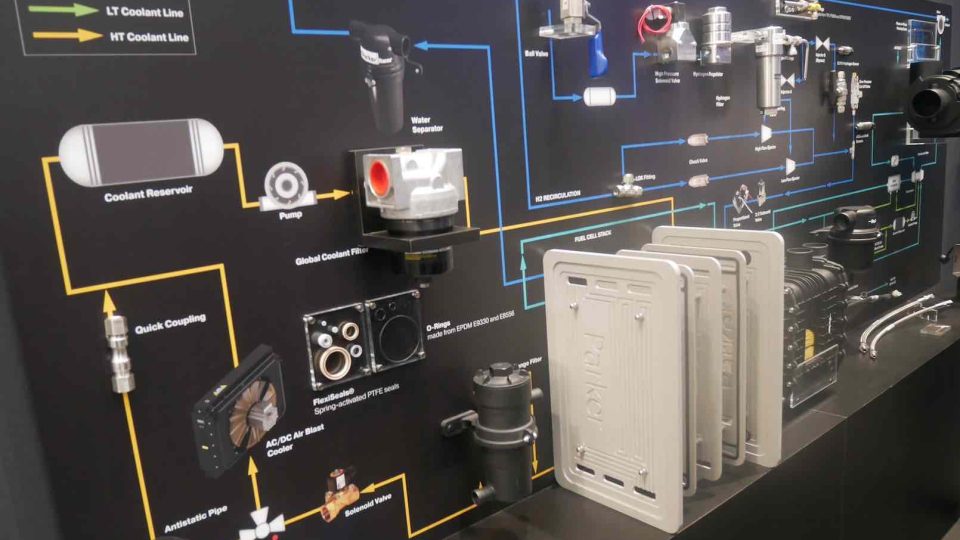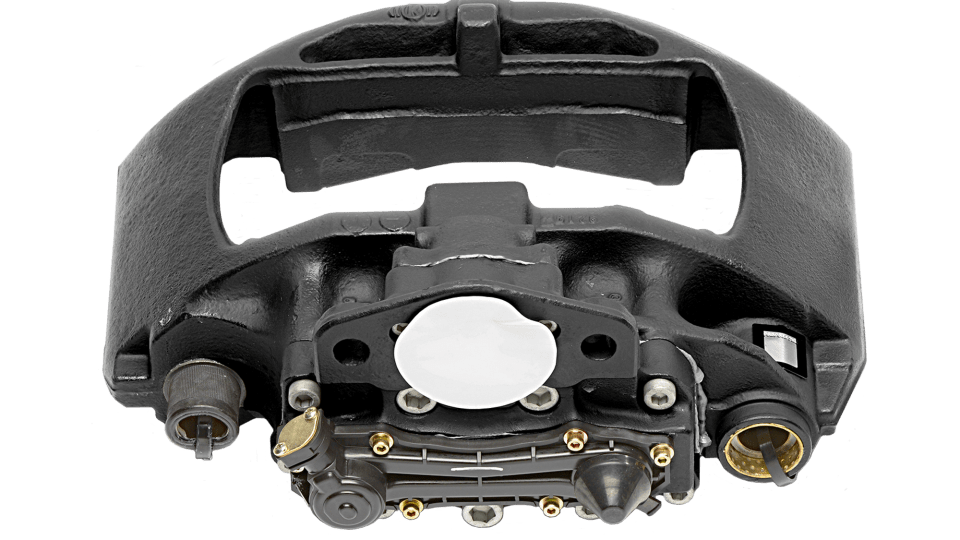A new Leclanché battery system for hybrid and electric commercial vehicles
The system is called INT-39 Energy and is said to be powered with high density and high life cycle 60 Ah G/NMC lithium-ion cells and features the company’s proprietary battery management system (BMS)
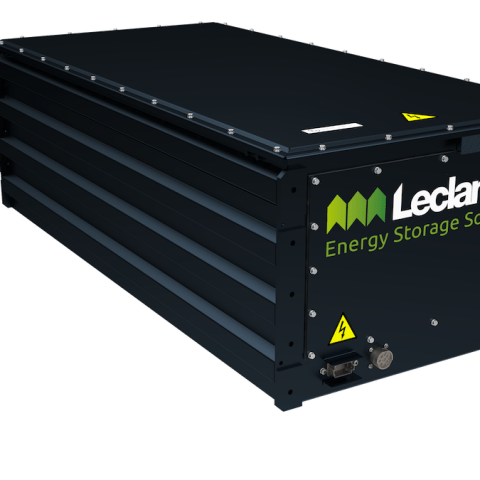
The major provider of energy storage systems Leclanché has launched a modular battery system optimized for powering new and retrofit hybrid and fully electric commercial vehicles. The system is called INT-39 Energy and is said to be powered with high density and high life cycle 60 Ah G/NMC lithium-ion cells and features the company’s proprietary battery management system (BMS). It also features built-in liquid-cooling and thermal hazard protection enhancing its ability to work safely in a wide range of environments.
Leclanché battery system for commercial vehicles
An optional IoT tool allows remote data logging and real-time access to battery status, performance and diagnostic data – ideal for optimizing fleet operations, the supplier points out.
«INT-39 Energy is a high energy, safe and efficient lithium-ion battery pack enabling commercial vehicle manufacturers to more easily design and bring to market zero-emission electric vehicles», said Anil Srivastava, CEO, Leclanché. «This plug-and-play modular solution should help drive a new and efficient generation of e-transport vehicles such as e-trucks, municipal service, construction and agricultural applications and e-buses».
Less maintenance required, improved TCO
«INT-39 Energy’s long-life cycle cells last longer and require less maintenance helping vehicle owners to optimize the total cost of their fleet operations», added Srivastava. «On a global basis, transportation is responsible for nearly a quarter of direct carbon dioxide emissions from fuel combustion with 75 percent of that from on-road vehicles including cars, trucks, buses and motorcycles. Leclanché is able to play a leading role in supporting the electrification of transportation and the preservation of our planet’s biosphere for future generations».




